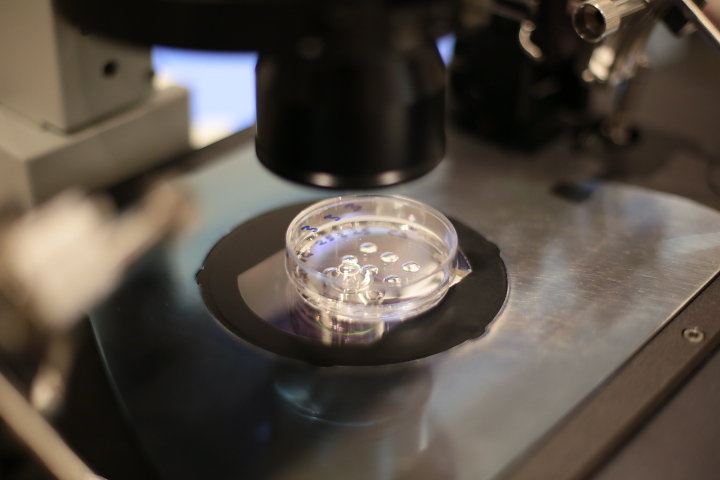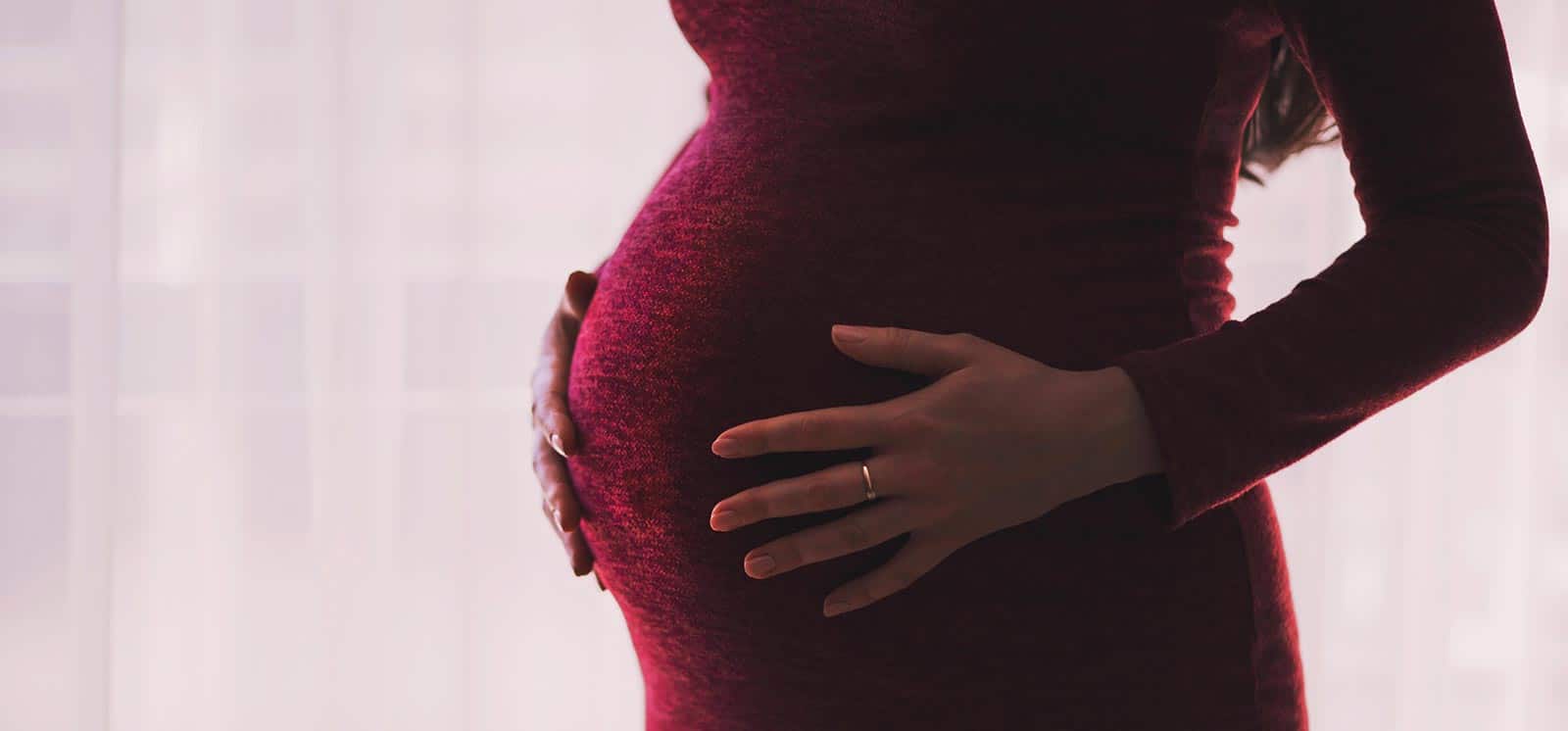
Paternal factors effecting semen quality
Scientists in Brazil have presented research at ESHRE that links poor paternal lifestyles with semen quality and potential outcomes.

Scientists in Brazil have presented research at ESHRE that links poor paternal lifestyles with semen quality and potential outcomes.
This week, Fertility First is at ESHRE, a conference run by the European Society of Human Reproduction and Embryology to discuss what’s

Researchers have found evidence that exposure to Ibuprofen can significantly reduce the ovarian reserve in the ovaries of the pregnant mothers’ daughter.

A recent study published in the Human Reproduction Journal has also revealed the effect iodine deficiency has on conception in women of

Researchers believe there could be many factors negatively effect sperm concentration, but with the assistance of sperm donors, there is a solution.

A recent study published has uncovered a key role in regulating the morphology and fertility of sperm cells.

The unwritten “12 week rule” makes women feel they should wait to tell people they’re pregnant. Is there a good reason why?

A study has revealed that low maternal free thyroxine (FT4) levels are associated with poor child neurodevelopment and lower IQ.

Scientists have reported that a simple hormone imbalance could be the cause of polycystic ovary syndrome and could potentially be reversed.
Every story written here comes from Fertility First's Research Team, a group of scientists that doesn't just talk about the science behind fertility and reproduction, it lives and breathes it. Staffed by the doctors and scientists working behind the scenes at Fertility First, this team of dedicated embryologists, andrologists, and fertility experts collectively has over 40 years experience in the field.
Yes, chronic stress can impact fertility by disrupting hormonal balance and ovulation patterns. Managing stress through relaxation techniques, regular exercise, adequate sleep, and mindfulness practices may help optimise your chances of conception. Consider speaking with a counsellor if stress feels overwhelming.
Sperm health accounts for about 40% of conception challenges. Your partner can improve sperm health by maintaining a healthy weight, avoiding excessive heat exposure (hot tubs, saunas, tight clothing), limiting alcohol, quitting smoking, managing stress, and taking a multivitamin with antioxidants. Sperm takes about 3 months to develop, so lifestyle changes need time to show results.
Your fertile window typically spans 5-6 days, ending on ovulation day. For a regular 28-day cycle, this usually falls between days 10-15, with peak fertility 1-2 days before ovulation. Track your cycle using ovulation predictor kits, basal body temperature, or cervical mucus changes to identify your unique pattern. Having intercourse every 1-2 days during this window optimises your chances.